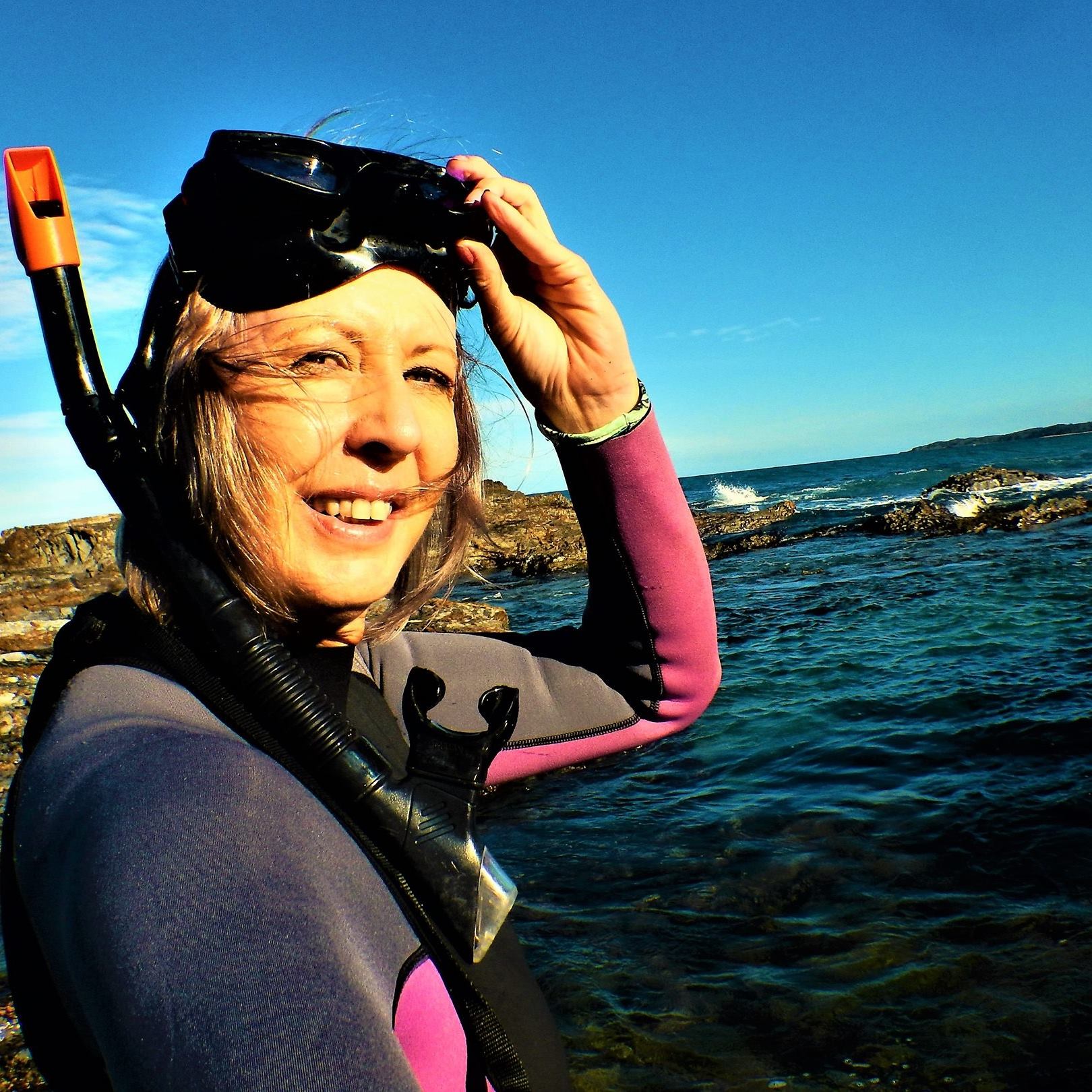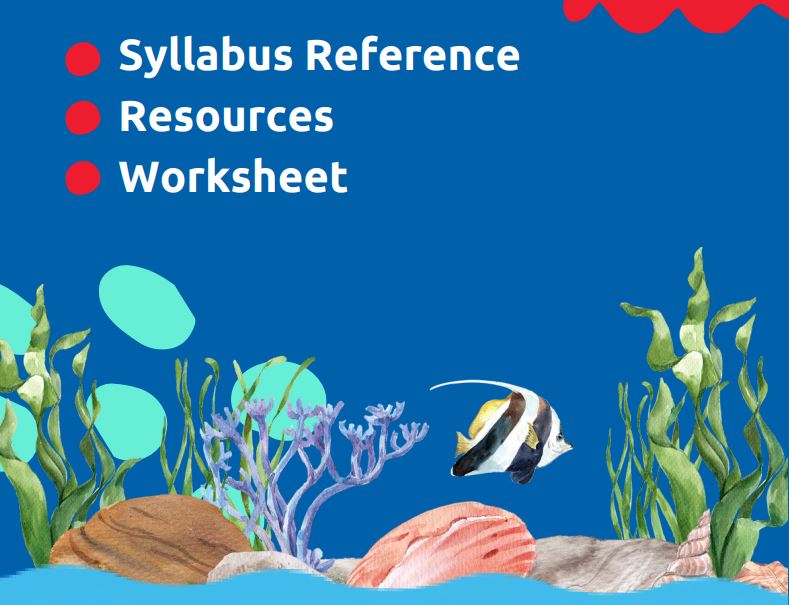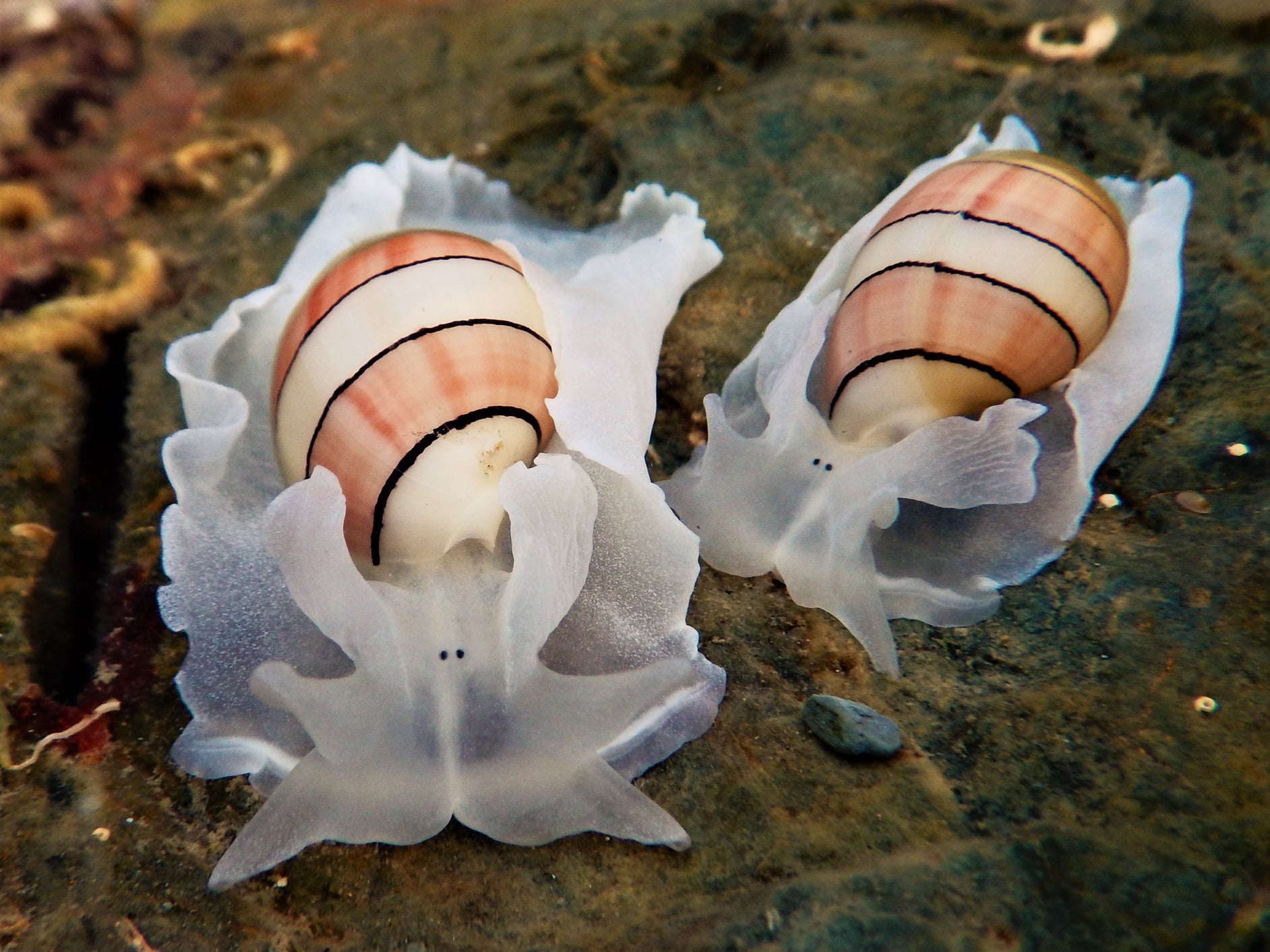Marine Ecosystems - creating a healthy environment
Discover the challenges the oceans face due to human induced climate change and how we can come up with solutions.
What will students learn? - Stage 4

The fragile marine system.

Marine rock pools.

Types of algae eaters and their role in keeping ecosystems clean.

Importance of leaving natural species in the environment alone and keeping marine ecosystems untouched.

Legal rules around illegally taking species from marine environments.

Recycling shells to help the ecosystem.

How every creature in a rock pool has its purpose.

How a healthy ocean is crucial to life on land.

The importance of underwater photography and its documentation of sea life.

Rare sea creatures.

Types of crabs and cleaner shrimp.

How to fish in a sustainable way.
Lizzy is passionate about the marine ecosystem and underwater photography.

Stage 4 Lesson: Ocean Acidification
- Syllabus Reference
- Resources
- Student worksheet
- Marine Ecosystem Food Web
- Activites
- Discussion questions
Resources to download
Students will create their own food web.

Learn what a Nudibranch is...meet "Ray" the pancake...have you ever seen a Weedfish? Lizzy meets so many underwater marine creates in the Bay at Minnie Waters and she loves sharing her stories!

